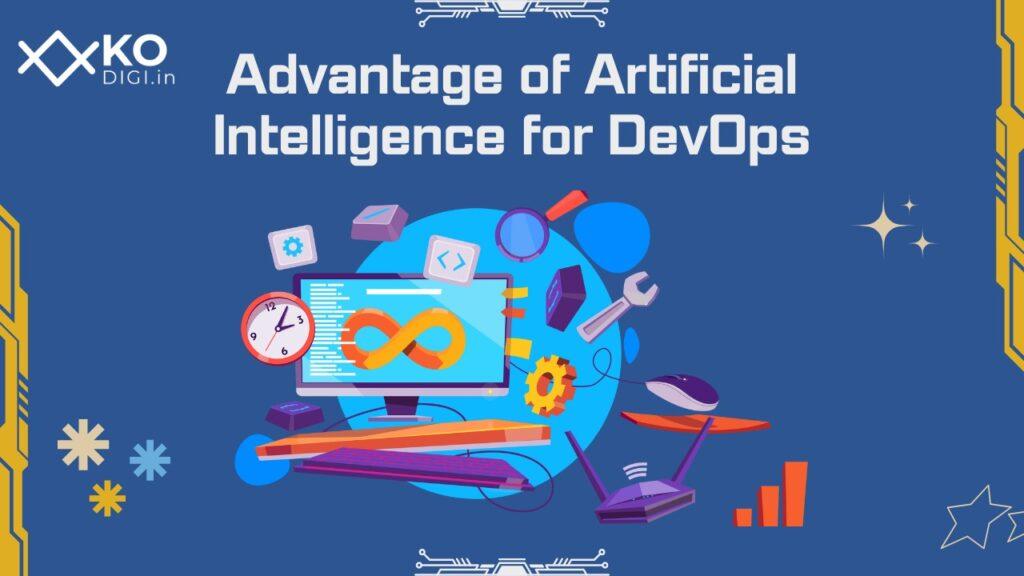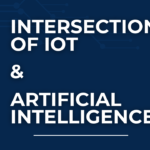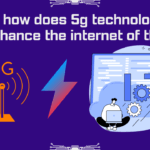DevOps is one of the industries that artificial intelligence (AI) is revolutionizing. DevOps teams can benefit from using AI to enhance system performance, automate testing, and facilitate collaboration between software development and operations teams. However, it’s important to recognize the limitations of AI’s usage in DevOps. To fully leverage AI, DevOps teams must be aware of both its benefits and drawbacks.
Understanding DevOps Teams
Collaboration and Continuous Software Development Improvement
DevOps teams are cross-functional teams of experts who work together to swiftly and effectively produce software products and services. DevOps” is a term coined by combining “development” and “operations,”. Highlighting the team’s focus on bridging the divide between software development and IT operations.
DevOps teams consist of software developers, system administrators, quality assurance engineers, security experts, and other specialists who collaborate to design, create, test, deploy, and maintain software applications. These teams employ tools and procedures to streamline workflows, reduce the risk of errors, and aim to automate the software development lifecycle as much as possible.
The emphasis on cooperation, communication, and continual improvement is a hallmark of DevOps teams. DevOps teams are able to create more dependable, scalable, and secure software solutions by bringing together people with various specialties.
Understanding Artificial Intelligence
Effect of Intelligence on Industries: From Narrow to General
The term “artificial intelligence,” or “AI,” refers to the creation of computer systems that are capable of performing tasks that traditionally require human intelligence. such as perceiving, analyzing, learning, and solving problems. Large-scale data analysis, pattern recognition, and decision-making are all capabilities of AI systems frequently without explicit guidance from a human operator.
Two primary categories—narrow or weak AI and general or strong AI—typically divide AI. Systems that are created to carry out a single task or collection of tasks, such as speech recognition, image recognition, or natural language processing, are referred to as narrow or weak AI. On the other hand, general or strong AI refers to systems that are capable of carrying out any intellectual task that a human can, as well as learning and adapting to novel circumstances and issues.
Healthcare, banking, manufacturing, and transportation are just a few of the areas and industries in that AI is revolutionizing. AI is being used in software development to boost the performance and dependability of software applications, as well as procedures and tools, testing, and deployment.
Benefits of Using AI in DevOps
AI can help DevOps teams in several ways, including:
Automating testing:
Testing code is an essential part of the software development life cycle, and it can be time-consuming. AI systems can automate testing, reducing the time and effort required for testing.
Problem-solving:
AI systems can analyze data to identify patterns and make predictions, which can help DevOps teams identify and solve complex problems more quickly.
Improving system performance:
AI systems can monitor system performance and identify bottlenecks, allowing DevOps teams to make changes proactively before performance issues occur.
Natural Language Processing:
DevOps teams can use natural language processing (NLP) to automate the processing of large volumes of text data, such as log files, making it easier to identify issues and patterns.
Limitations of Using AI in DevOps
Although integrating AI in DevOps has many benefits, there are several restrictions that need to be taken into account, such as:
- It can take a lot of time and resources to train AI models.
- The quality of AI systems depends on the data they are trained on. The AI system’s output could be erroneous or untrustworthy if the data is inadequate or biased.
- The adoption of AI systems may be hampered by the complexity and specialized knowledge required to implement them.
How DevOps Teams Can Take Advantage of AI
- DevOps teams must do the following in order to profit from AI in DevOps: 1. Determine the areas, such as testing, problem-solving, and system performance, where AI may be most helpful.
- Make sure the information utilized to train AI models is accurate, impartial, and representative of the systems under consideration.
- Develop the skills required for implementing and maintaining AI systems within the operations team.
- Rather than completely replacing human decision-making, use AI to support it.
- Regularly assess AI system output to make sure it is delivering desired advantages.
examples of how DevOps teams can take advantage of artificial intelligence:
Test Automation:
DevOps teams can leverage AI-powered testing tools to automate test cases, ensuring that code is tested more quickly and accurately.
Predictive Analytics:
DevOps teams can use AI-powered predictive analytics to identify potential issues before they become major problems, allowing for proactive problem-solving. For example, Microsoft uses an AI-based tool called Premonition to predict potential bugs in its software products.
Artificial Intelligence Incident Management:
AI-powered incident management tools can help DevOps teams detect, triage, and remediate incidents more quickly and effectively.
Natural Language Processing:
DevOps teams can use NLP to analyze unstructured data sources like logs and chat conversations, making it easier to identify and troubleshoot issues.
Release Management:
AI-powered release management tools can help DevOps teams identify and manage risks, automate release schedules, and ensure that deployments are successful.
Optimization of resource allocation:
AI can be used to optimize resource allocation, ensuring that the right amount of resources are allocated to each application. For example, Google uses an AI-based tool called Kubernetes to manage the resource allocation of its applications.
Automating deployment:
AI can be used to automate the deployment process of a software application, making it easier and faster to deploy new releases. For example, Netflix uses an AI-based deployment tool called Spinnaker that helps to manage its complex deployment processes.
Capacity Planning:
AI-powered capacity planning tools can help DevOps teams predict future demand, allocate resources effectively, and optimize system performance.
Chatbots:
AI-powered chatbots can be used by DevOps teams to offer speedy and effective customer service while minimizing the requirement for human involvement. For example, H&M uses an AI-powered chatbot to provide customer support on its website.
These examples show how the application of AI may enhance many stages of the software development life cycle, including testing, release management, and issue management. DevOps teams may work more productively, find solutions to difficult problems more rapidly, and eventually produce software that is of higher quality by utilizing AI.
Actionable Tips for DevOps Teams Take Advantage of Artificial Intelligence
Choose the Correct Opportunity
Finding the proper possibilities is the first step in using AI for DevOps. Choose the parts of your DevOps process, such as testing, deployment, or monitoring, that can most benefit from AI. Also, you can use AI to determine whether devices or procedures could be automated.
Choose the Appropriate AI Tools
After you’ve determined the best opportunities, pick the AI tools that are most compatible with your company’s objectives and DevOps needs. Tools with AI capabilities can be used for automated deployment, testing, and monitoring, among other things.
Spend Money on Good Data
You must invest in high-quality data if you want to make the most of AI. The quality of your AI models depends on the data they were trained on. Make sure you have a reliable method for gathering data, clean, well-structured data, and a productive means to handle and store it.
Introduce ongoing education
Through continuous learning, AI models can get better over time. Your AI models can adapt to shifting DevOps settings, gain accuracy, and deliver greater insights by implementing continuous learning.
Uphold Integrity and Ethics
Ensuring ethics and openness in AI usage is crucial. DevOps teams must have a thorough understanding of the operation of the AI tools, the utilization of the data, and the decision-making processes employed by the AI models. Make sure the AI you use abides by moral principles and does not harbor any biases towards any individuals or groups.
Invest in education and training
Invest in educating and training your DevOps crew about AI applications and technology. Your team will gain a better understanding of AI’s advantages and how it might enable more effective job performance as a result.
Practical Strategies for Successfully Implementing AI in DevOps Teams
DevOps teams may increase productivity, accuracy, and decision-making by utilizing AI. The correct opportunities must be sought out, the appropriate AI tools must be used, quality data must be purchased, continuous learning must be implemented, ethics and openness must be upheld, and training and education must be funded. Your DevOps team may successfully implement AI into your business by following this practical advice.
Conclusion
Finally, DevOps teams can benefit from AI to enhance communication, system performance, testing, and problem-solving. AI is transforming DevOps. To deploy and maintain AI systems, one must develop the relevant skills and be aware of the constraints of employing AI in DevOps. DevOps teams can gain considerable benefits in the software development life cycle by utilizing AI to supplement human decision-making.




